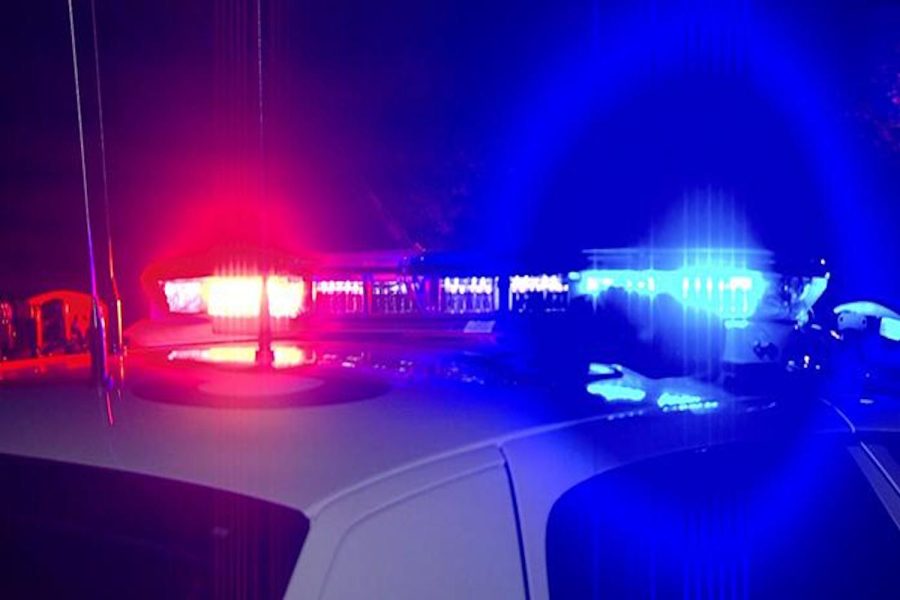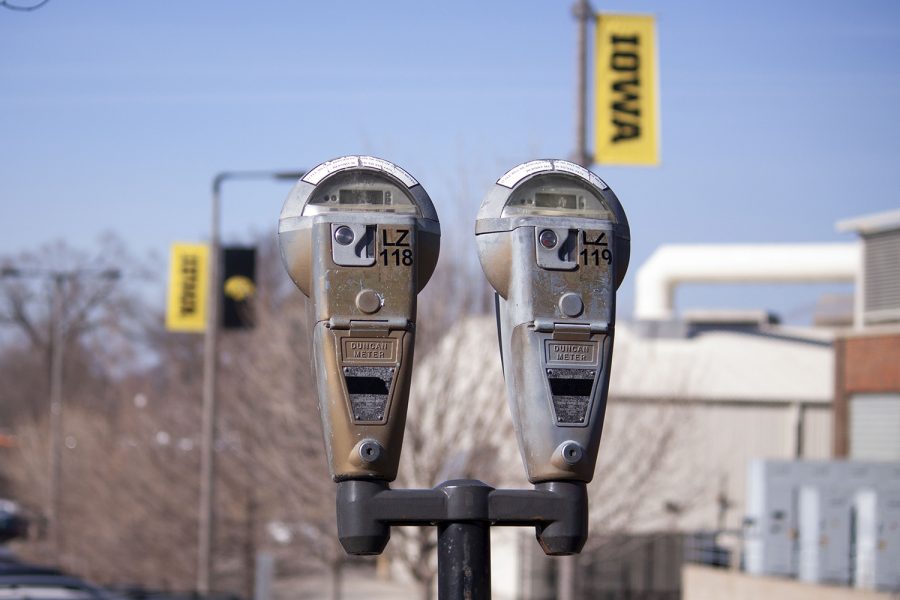You’re in your car, coasting along a few mph faster than the posted speed limit. Nothing unusual.
Then you hear the sirens, see the flashing lights, and pull over. As you grudgingly take your ticket, you can’t help but wonder if the urban legend of speeding-ticket quotas isn’t really a legend at all.
UI graduate student Doug Karkow, no stranger to speeding tickets, is one such believer.
“I’ve heard the rumors; they seem to be true,” he said.
But local police officials disagree. In fact, quotas aren’t even legal in Iowa, said Eric Goers, an assistant city attorney.
“That [idea] is as old as police departments have been around,” Coralville police Sgt. John Williams said. “People have always thought there are quotas, and there is no such thing.”
Even if quotas were legal, officials said, quotas would not directly benefit local police departments because of how cities distribute fines.
So where does the money end up?
“That money could go anywhere,” said Kevin O’Malley, the director of finance for Iowa City. “It gets thrown in a pot and stirred around, and you can’t tell it’s even in there.”
It starts with the charge. Officers can usually choose whether to file it as a city or state violation because city ordinances tend to mirror state codes. But whenever possible, police officials said they try to file the charge as a city violation, which funnels 90 percent of the fine to the city, according to the Johnson County Clerk of Court office.
The city gets none of it if filed as a state charge.
But there is an exception when minor violations take place in conjunction with major ones — for example, OWI. While authorities could still classify the speeding and OWI charges separately,
Williams said they are usually both filed as violations of state code to make prosecution easier.
When fines do come through a city — whether for speeding or other minor offenses — county-level officials combine and remit revenue to that city each month.
Then city officials decide how the money is used, according to the Johnson County Clerk of Court Office.
Most city officials in Johnson County said they put the money into their cities’ general funds.
Overall, fines from small claims make up a small fraction of Iowa City’s budget. In fiscal 2009, the county remitted $255,305 in fine revenue to Iowa City, O’Malley said. That was part of the city’s $49.2 million general fund, which was included in the $265 million budget.
He said general fund money is typically used for city operation and maintenance costs, such as staffing and maintaining public venues. Some of it is also used to support the fire and police departments.
The money from law-enforcement fines is purposely used like any other general fund money, O’Malley said.
Because fine revenue doesn’t go directly back to area police departments, local police and city officials agree that drivers’ suspicions about revenue-driven speeding tickets are unwarranted.
“My job is to go out there and keep the roadways safe,” Williams said. “I don’t care where the money goes.”
That doesn’t mean a little paranoia isn’t an effective safety tool. Iowa City police Sgt. Troy Kelsay said officers tell the public which roads they focus patrols on to discourage motorists from speeding, even without having actual police presence there.
The information is available on the Iowa City police website, and it is updated each month. For the rest of July, keep a foot near the brake on Gilbert Street, Lakeside Drive, First Avenue, and Shannon Drive.






